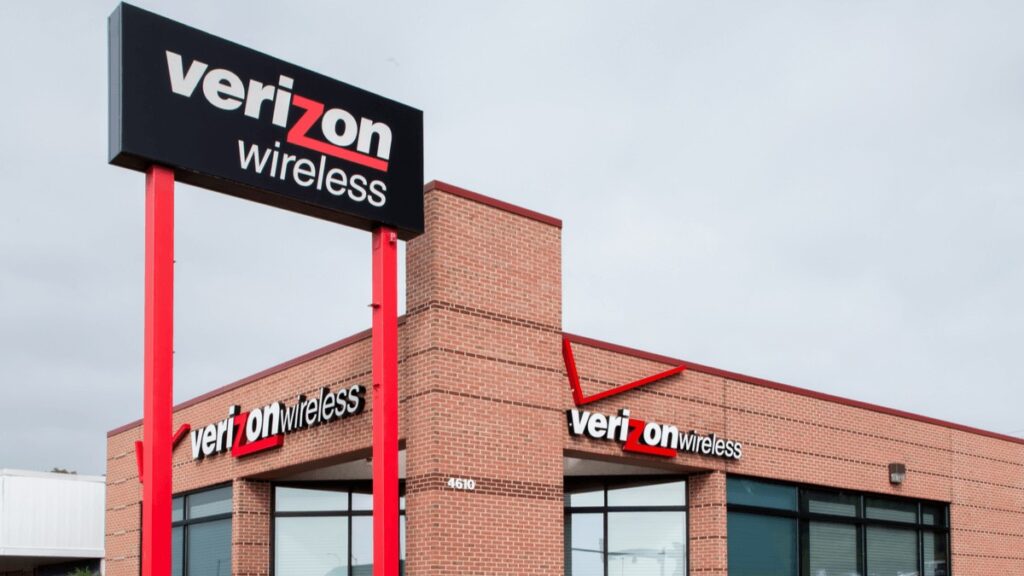AT&T, Verizon comply to FAA demands to limit 5G rollout

Following the Federal Aviation Administration’s (FAA) examination into whether the C-band spectrum for 5G rollout jeopardizes aircrafts’ safety, AT&T Verizon extended Wednesday their offer to reform power from their fifth-generation cell towers for the upcoming six months.
Both U.S.-based telcos structured a plan to launch vital improvements to their 5G networks operating C-band spectrum obtained in an auction. These upgrades will deliver higher 5G connections and faster speeds in comparison to the base-level 5G rollout offers that both operators currently deliver.
“While we remain confident that 5G poses no risk to air safety, we are also sensitive to the Federal Aviation Administration’s desire for additional analysis of this issue,” both telcos said in a joint letter sent to the Federal Communications Commission (FCC).
Earlier in November, both service providers agreed to postpone their C-band spectrum deployment till the end of January of 2022, after FAA expressed worry regarding wireless technology potentially interfering with altimeter equipment, jeopardizing the safety systems of some aircraft, according to The Wall Street Journal.
An altimeter is a device that measures altitude, the distance of a point above sea level. They are considered a fundamental tool for aircraft and spacecraft pilots as it monitors the aircraft’s height above the Earth’s surface, particularly when the weather affects visibility conditions for pilots.
From their part, both AT&T and Verizon submitted years of research regarding probable interference rate and added that mid-band 5G networks have never caused any damage for flights in other countries that have already deployed mid-band 5G.
Despite submitting the needed research to support their stance, both companies submitted to the FAA’s demands to “allay concerns about radio altimeter performance,” while sustaining fight performance for their users.
The Communications Commission has already informed pilots of the potential risks of “interference from 5G transmitters and other technology could cause certain safety equipment to malfunction, requiring them to take mitigating action that could affect flight operations.”
It is unclear whether the FAA will take into consideration the companies’ proposals. However, if the Commission accepts the carriers’ offer, the extended limit will be applicable till July 6th, after initially planning to roll out their C-band spectrum on December 5th.
After the set July 6th deadline, both AT&T Verizon will resume regular operations only if the FAA delivers fails to deliver inclusive evidence that their C-band spectrum would interfere with the aircraft safety systems.
“Our use of this spectrum will dramatically expand the reach and capabilities of the nation’s next-generation 5G networks, advancing U.S. leadership, and bringing enormous benefits to consumers and the U.S. economy,” the telcos informed FCC Chair Jessica Rosenworcel in their letter.
Both carriers’ operations are supported by dense financial inducement to stay clear from any additional setbacks to their spectrum rollout. Verizon and AT&T spent an estimate of $68.8 billion to assure obtaining the required licenses for their mid-level band construction, with an extra $15 billion on infrastructure that would make use of the C-band spectrum.
